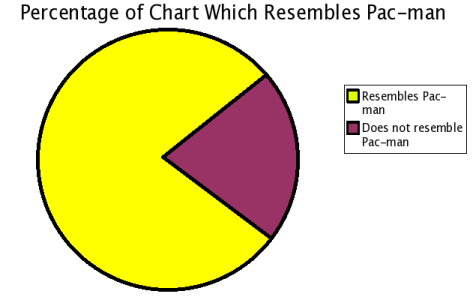 For some reason, when I lived in the UK I was always under the mistaken impression that Australia is a cheap place to live. I suppose it is cheaper living in Sydney than, say, London, but it’s by no means “cheap”. In fact, in some areas, Australia seems more expensive than the UK.
For some reason, when I lived in the UK I was always under the mistaken impression that Australia is a cheap place to live. I suppose it is cheaper living in Sydney than, say, London, but it’s by no means “cheap”. In fact, in some areas, Australia seems more expensive than the UK.
For one thing, electronics goods tend to be pricier here – presumably because of the cost of shipping stuff to this remote island. (I’m really hoping an amazon.com.au will open here soon, and create some decent competition on pricing.)
Even foodstuffs are often more expensive than in the UK. For example, Tesco in the UK sells pretty decent own-brand wholemeal sliced bread for around 55p, or AUD $1.35. That’s for an 800g loaf. Try finding an 800g wholemeal loaf in an Australian supermarket for under $3. Other basics such as potatoes and tomatoes are pricey here, though they fluctuate wildly according to season. (Not much chance of Tesco influencing prices here now, either.)
Then again, it’s not surprising food is expensive, seeing as the supermarkets import half their goods from the other side of the world. You’d have thought with Australia’s climate that the shelves would be packed with Australian olives, but 90% of them are from Greece or Spain. I have a Woolworths own-brand jar of strawberry jam in the fridge that was made in Poland.
I suspect a lot of this is down to the supermarkets; there’s not really much competition amongst supermarkets here, with Woolworths and Coles pretty much sewing up the “supermarket market”. If you shop in small local shops, such as bakers and greengrocers, you often get better quality food – I guess that’s a given – but they’re often cheaper than the supermarkets, and you get a bigger range too. The opposite of the UK, basically.
It also doesn’t help that the government happily slaps 10% GST – the equivalent of VAT – on anything considered a “luxury item” in a supermarket – and this includes things like coffee, biscuits, and toilet rolls.
To be fair, some things, such as milk and tins of beans, seem to be roughly the same price in both Australian and UK supermarkets, and of course the exchange rate has a big effect on these comparisons too. So maybe there’s not a lot in it overall.
However, books are ridiculously expensive – often up to double the price of books in the UK – and to add insult to injury that 10% GST applies to books too. Doesn’t the government want its citizens to read?! On the plus side, this makes second-hand bookstores very popular here.
Electricity has traditionally been relatively inexpensive – compared to the UK – but thanks to the major drought going on here at the moment, that looks set to change.
It must be said, though – compared to the UK, Australian public transport is a bargain. And the beer’s cheap too! 🙂
 It’s Cat’s first Mother’s Day as a Mum today.
It’s Cat’s first Mother’s Day as a Mum today. For some reason, when I lived in the UK I was always under the mistaken impression that Australia is a cheap place to live. I suppose it is cheaper living in Sydney than, say, London, but it’s by no means “cheap”. In fact, in some areas, Australia seems more expensive than the UK.
For some reason, when I lived in the UK I was always under the mistaken impression that Australia is a cheap place to live. I suppose it is cheaper living in Sydney than, say, London, but it’s by no means “cheap”. In fact, in some areas, Australia seems more expensive than the UK.
 One of the things I love about Australia is that you can have a really good meal out without breaking the bank, even in big cities such as Sydney. You can easily get a decent meal for AUD $30 (£12) a head, including wine, and superb meals are available for AUD $100 a head should you feel like splashing out.
One of the things I love about Australia is that you can have a really good meal out without breaking the bank, even in big cities such as Sydney. You can easily get a decent meal for AUD $30 (£12) a head, including wine, and superb meals are available for AUD $100 a head should you feel like splashing out.
